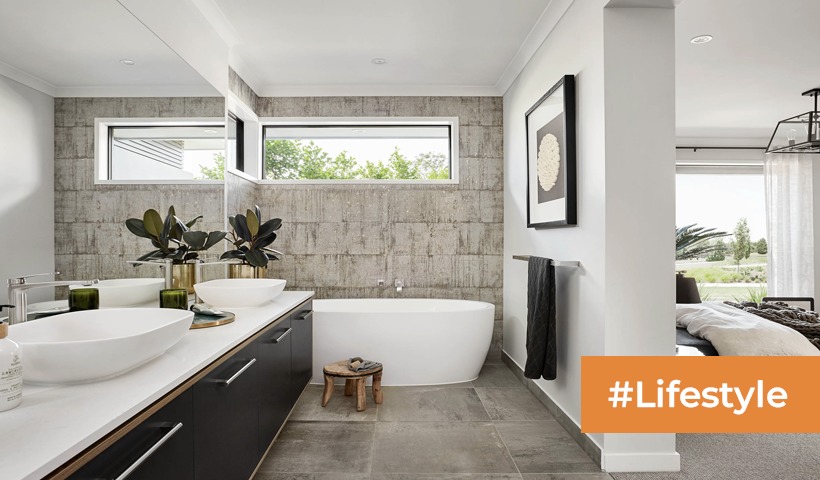Uninterrupted Power Supply: Exploring Inverter Solutions for Home!
Inverter solutions for homes typically refer to devices that convert direct current (DC) power from a battery or solar panels into alternating current (AC) power, which is used to operate household appliances and electronics. Here are a few common types of inverter solutions for homes:
- Standalone Inverter: A standalone inverter is a self-contained unit that is connected to a battery bank. It converts DC power from the battery into AC power for use in the home. Standalone inverters are often used in off-grid or backup power systems.
- Grid-Tied Inverter: A grid-tied inverter is designed to work in conjunction with the electrical grid. It converts DC power from a solar panel array into AC power and feeds it directly into the grid. Grid-tied inverters are commonly used in grid-connected solar power systems. They allow homeowners to offset their electricity consumption by generating solar power and potentially earn credits or incentives for excess power production.
- Hybrid Inverter: A hybrid inverter combines the features of a standalone inverter and a grid-tied inverter. It can operate in standalone mode, utilizing power from batteries or other DC sources, and also connect to the grid. Hybrid inverters are ideal for homes with both solar panels and battery storage. They can prioritize solar power consumption, charge batteries from the grid during off-peak times, and supply power to the home from batteries during grid outages.
- Microinverter: A microinverter is a small inverter unit that is installed on each solar panel in a system. It converts the DC power generated by individual panels into AC power right at the source. Microinverters offer advantages such as increased system efficiency, panel-level monitoring, and ease of installation. They are commonly used in residential solar installations.
When considering inverter solutions for your home, it’s important to assess your energy needs, whether you want to integrate solar power, and if you require backup power during grid outages. Consulting with a professional solar installer or an electrical engineer can help you determine the most suitable inverter solution based on your specific requirements and budget.
Disclaimer: The views expressed above are for informational purposes only based on industry reports and related news stories. PropertyPistol does not guarantee the accuracy, completeness, or reliability of the information and shall not be held responsible for any action taken based on the published information.





Thankyou for sharing such an awesome information about inverter. Anyone looking for a good inverter for home use? Zitron offers expert inverter service and repair solutions. Contact us now for prompt and efficient service
https://www.zitron.in/good-inverter-for-home-use.html